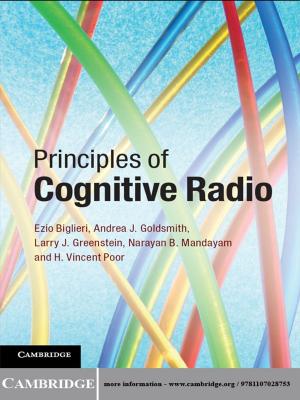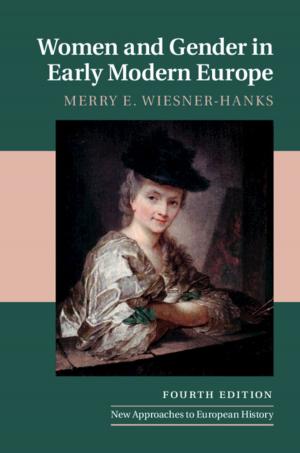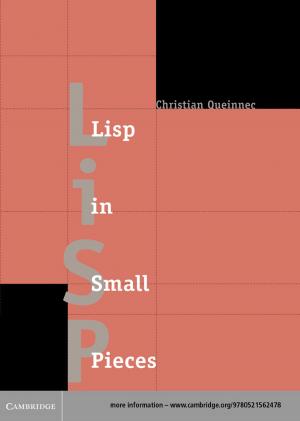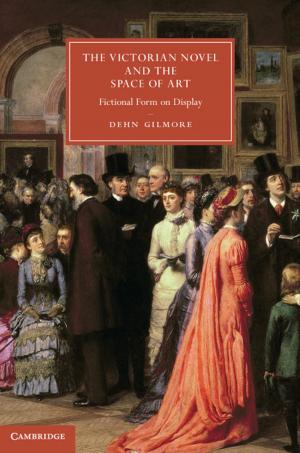American Poetry after Modernism
The Power of the Word
Fiction & Literature, Literary Theory & Criticism, American, Nonfiction, History| Author: | Albert Gelpi | ISBN: | 9781316234129 |
| Publisher: | Cambridge University Press | Publication: | March 9, 2015 |
| Imprint: | Cambridge University Press | Language: | English |
| Author: | Albert Gelpi |
| ISBN: | 9781316234129 |
| Publisher: | Cambridge University Press |
| Publication: | March 9, 2015 |
| Imprint: | Cambridge University Press |
| Language: | English |
Albert Gelpi's American Poetry after Modernism is a study of sixteen major American poets of the postwar period, from Robert Lowell to Adrienne Rich. Gelpi argues that a distinctly American poetic tradition was solidified in the later half of the twentieth century, thus severing it from British conventions. In Gelpi's view, what distinguishes the American poetic tradition from the British is that at the heart of the American endeavor is a primary questioning of function and medium. The chief paradox in American poetry is the lack of a tradition that requires answering and redefining - redefining what it means to be a poet and, likewise, how the words of a poem create meaning, offer insight into reality, and answer the ultimate questions of living. Through chapters devoted to specific poets, Gelpi explores this paradox by providing an original and insightful reading of late-twentieth-century American poetry.
Albert Gelpi's American Poetry after Modernism is a study of sixteen major American poets of the postwar period, from Robert Lowell to Adrienne Rich. Gelpi argues that a distinctly American poetic tradition was solidified in the later half of the twentieth century, thus severing it from British conventions. In Gelpi's view, what distinguishes the American poetic tradition from the British is that at the heart of the American endeavor is a primary questioning of function and medium. The chief paradox in American poetry is the lack of a tradition that requires answering and redefining - redefining what it means to be a poet and, likewise, how the words of a poem create meaning, offer insight into reality, and answer the ultimate questions of living. Through chapters devoted to specific poets, Gelpi explores this paradox by providing an original and insightful reading of late-twentieth-century American poetry.















